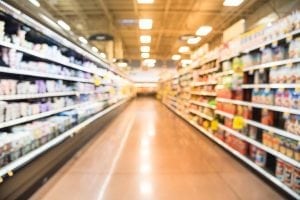 A scientific panel in Europe has greenlighted a number of processes and technologies for recycling post-consumer plastics into food packaging.
A scientific panel in Europe has greenlighted a number of processes and technologies for recycling post-consumer plastics into food packaging.

 A scientific panel in Europe has greenlighted a number of processes and technologies for recycling post-consumer plastics into food packaging.
A scientific panel in Europe has greenlighted a number of processes and technologies for recycling post-consumer plastics into food packaging.
 Clean PET flake may be allowed into China instead of being considered a waste prohibited from import, according to several sources with knowledge of the situation.
Clean PET flake may be allowed into China instead of being considered a waste prohibited from import, according to several sources with knowledge of the situation.
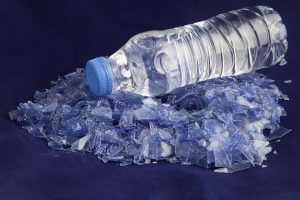 Two equipment companies will demonstrate an inline system capable of taking PET bottle flake through to sheet.
Two equipment companies will demonstrate an inline system capable of taking PET bottle flake through to sheet.
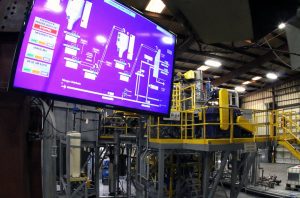
The facility of Tigard, Ore.-based Agilyx, which processes polystyrene and recently entered a partnership with virgin plastics maker Ineos Styrolution.
Major prime plastics producers have recently made moves to embrace cutting-edge recycling technologies, including applying depolymerization to challenging plastics streams.
 Swedish apparel giant H&M last year saw a notable drop in its consumption of recovered PET for polyester applications. But the company did report progress on marine debris, depolymerization and other initiatives.
Swedish apparel giant H&M last year saw a notable drop in its consumption of recovered PET for polyester applications. But the company did report progress on marine debris, depolymerization and other initiatives.
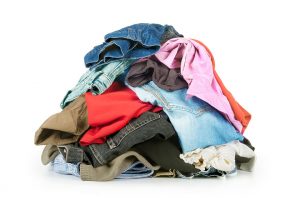 A company using enzymes to break down PET into its components has successfully applied its technology to textiles.
A company using enzymes to break down PET into its components has successfully applied its technology to textiles.
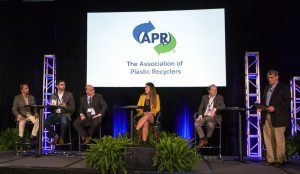 A robotic sorting system, PET packaging breakthrough and melt filter advancement took the limelight in this year’s Plastics Recycling Showcase.
A robotic sorting system, PET packaging breakthrough and melt filter advancement took the limelight in this year’s Plastics Recycling Showcase.
This story originally appeared in the November 2016 issue of Plastics Recycling Update.
Subscribe today for access to all print content.
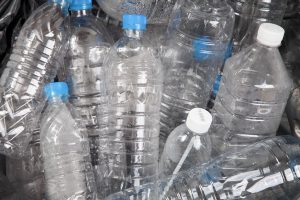 The PET package has come a long way since the founding of the National Association for PET Container Resources in October of 1987.
The PET package has come a long way since the founding of the National Association for PET Container Resources in October of 1987.
 During the past year, the national average price of post-consumer PET beverage bottles and jars rose steadily by 68 percent, from 8.6 cents per pound in March 2016 to the current 14.5 cents per pound.
During the past year, the national average price of post-consumer PET beverage bottles and jars rose steadily by 68 percent, from 8.6 cents per pound in March 2016 to the current 14.5 cents per pound.
